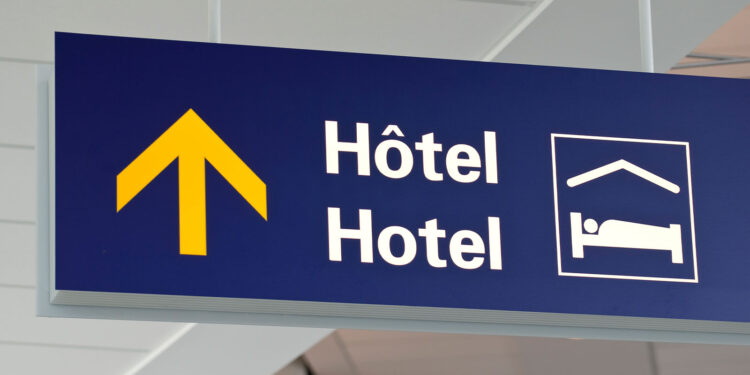Hotel Considerations for Remote Areas or During Events

Before reading this article, we recommend you first read General Guidelines for Arranging Hotels as Part of a Business Aviation Trip.
For business aircraft operators, special considerations and additional pre-trip planning are often necessary when booking hotel rooms at remote locations, during periods of local events, or when operating to popular destinations during high season. In such cases, you may need to draw upon all available resources, including 3rd-party provider and local ground handler expertise, for the most successful outcome.
1. Always review hotel cancellation and change policies before you book
Cancellation policies depend upon the hotel and may be non-negotiable, particularly during special events. Accommodations booked for large events may be non-cancellable and you may be charged for the full length of your originally booked stay if cancelled. In addition, depending on your destination and whether there is a large event occurring, there may be a minimum-stay requirement of 3-7 days or more, or you may have to arrive on certain days of the week, or there may be extended cancellation policies. For example, during high season in the Caribbean, cancellation policy is often 7-21 days ahead of arrival time.
2. Your local ground handler can help during sold-out situations
Occasionally, no rooms are available at the desired location due to special events such as Cannes Film Festival, Monaco Grand Prix, and auto or yacht shows. Your local ground handler may have some leverage with certain hotels and be able to assist in sold-out situations. However, from time to time, you may end up having to stay at a hotel in the outlying area that may be more than an hour from the airport. Crews may have to share a room on occasion, or consider hotels with lower star ratings, or resort to privately sourced accommodation. The preferred option, in some cases, may be to reposition the aircraft to a location that has better hotel options for the crew.
3. Work through your ground handler for booking hotels in remote areas
Contact your ground handler for knowledge of the local area and options, and research hotel availability online. If there’s a language barrier, your ground handler can assist. At some remote locales, such as parts of Africa or Indonesia, hotels require payment in cash only or by certain types of credit cards.
4. Take extra steps during a major local event
Advance research is recommended. Keep in mind that some major local events – perhaps a furniture convention in Milan – may not be well-publicized, but can absorb all available accommodations. Your local ground handler should be able to provide guidance with upcoming events and assist with booking accommodations for your flight. It’s always important to be aware of hotel cancellation policies. Make a booking with a firm schedule, as revisions may not be available. Keep in mind that if you find accommodation availability, it may change at a moment’s notice. Generally, the longer you wait to make a booking, the more limited the options. Also, it’s good practice to reconfirm bookings a few days prior to arrival.
5. For a short overnight stop, it’s typically preferable to stay close to the airport
For stays of less than two days, it’s often preferable for crew to stay close to the airport. Traffic congestion between airport and downtown can negatively impact crew rest and involve unnecessary travel time. You will not, however, always find good options close to the airport and may need to work with your ground handler or 3rd-party provider for suitable, secure, and quiet accommodations farther out. In some cases (for example, dropping off passengers for an African safari stay), there may be no suitable hotel for crew nearby and you might have to consider repositioning the aircraft.
Conclusion
Every operator has unique requirements in terms of hotel booking arrangements. While price is normally an important factor, there are often many other considerations. As discussed in our previous article, other considerations include change or cancellation policies, security considerations and included services/amenities. Even in more difficult situations, such as remote areas or when all available rooms appear to be sold out, options are available when working with well-connected 3rd-party providers and local ground handlers.
Questions?
If you have any questions about this article, contact me at ruthmendez@univ-wea.com.




